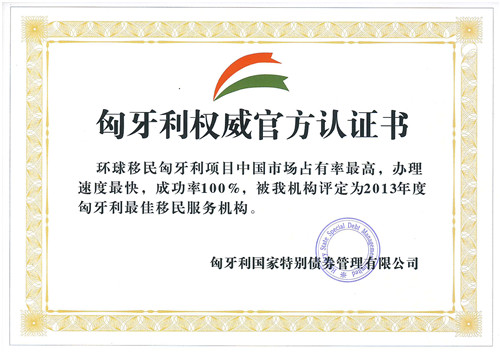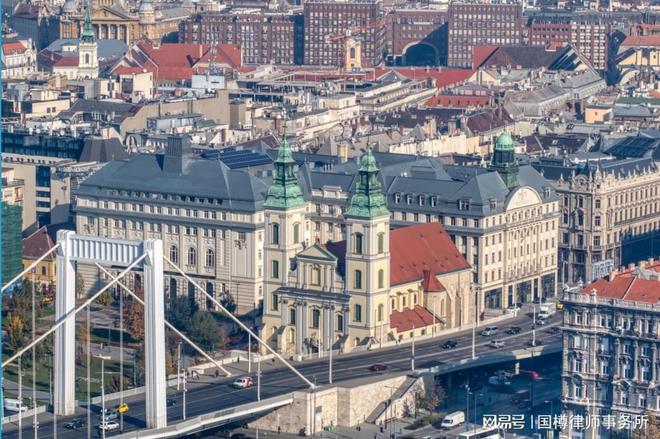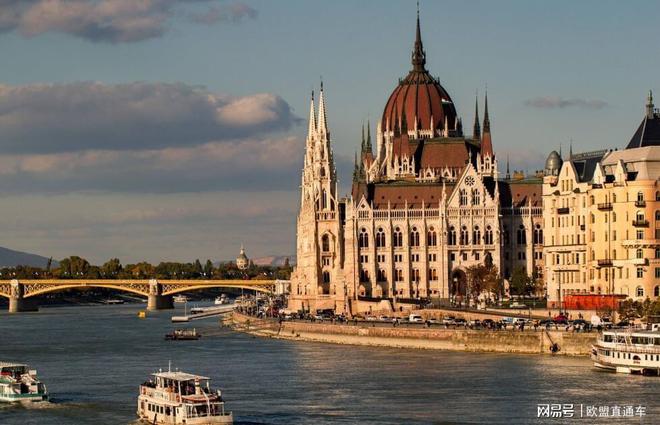匈牙利概况:匈牙利是一个位于欧洲中部的国家,拥有悠久的历史和丰富的文化。该国经济稳定,注重工业发展,尤其在汽车制造和信息技术等领域取得了显著成就。匈牙利的农业和食品工业也十分重要。该国在教育、文化和科技方面有着卓越的表现,吸引了众多国际学生和游客前来。匈牙利人民热情友好,语言丰富多样,为游客提供了独特的文化体验。
Hungary, a landlocked country in Central Europe, is a fascinating destination with a rich history and vibrant culture. Its strategic location at the crossroads of Europe has left a profound impact on its history, culture, and economy. Here is a comprehensive profile of Hungary, exploring its key aspects in an English version.
Geography
Hungary is situated in the Carpathian Basin of Central Europe, bordered by Slovakia, Ukraine, Romania, Serbia, Croatia, and Austria. The country occupies an area of approximately 93,000 square kilometers and has a predominantly continental climate with cold winters and warm summers. The capital city of Budapest is situated on the banks of the Danube River and is a major hub for transportation and trade.
History
Hungary has a rich history dating back to the 10th century when it was first mentioned as a kingdom. Over the centuries, it has experienced various wars and political shifts, including the Ottoman Empire's invasion in the 16th century and the rise of communism in the 20th century. The country gained its independence after World War II and has since become a member of numerous international organizations, including the European Union and NATO.
Culture
Hungary is renowned for its rich cultural heritage, including music, art, literature, and cuisine. The country's music scene is vibrant with traditional Hungarian music and modern influences. The art scene is equally vibrant with works depicting the country's historical events and cultural traditions. Hungarian literature has a rich history with works by famous authors such as Petfi Sandor and Korda Ferenc. The cuisine is a blend of Eastern and Western influences, with dishes like goulash and palacsinta being popular worldwide.
Economy
Hungary has a developed economy with a strong industrial base and a thriving services sector. The country has made significant progress in attracting foreign investments and has become a hub for manufacturing, IT, and automotive industries. The government has implemented various policies to encourage entrepreneurship and innovation, resulting in a thriving startup ecosystem. The country also enjoys a strategic location at the crossroads of Europe, facilitating trade with neighboring countries.
Education
Hungary has a well-developed education system that emphasizes academic excellence and practical skills. The country's universities are recognized worldwide for their research and teaching quality. The government has invested heavily in education, resulting in a highly skilled workforce that contributes to the country's economic growth.
Demographics
Hungary's population is approximately 9 million people, with the majority being Hungarian ethnic group. The official language is Hungarian, which is widely spoken throughout the country. The country has a diverse religious landscape with a significant proportion of the population being Christian (mainly Orthodox Christianity) while others practice other religions or have no religious affiliation.
Conclusion
Hungary is a fascinating country with a rich history, vibrant culture, and a thriving economy. Its strategic location, strong industrial base, and government policies have contributed to its economic growth and attracted foreign investments. The country's education system is well-developed, resulting in a highly skilled workforce. Hungary's cultural heritage, including music, art, literature, and cuisine, continues to thrive and attract visitors from around the world. With its rich history, vibrant culture, and thriving economy, Hungary continues to make strides in its development as a prominent European nation.




 京公网安备11000000000001号
京公网安备11000000000001号 京ICP备11000001号
京ICP备11000001号